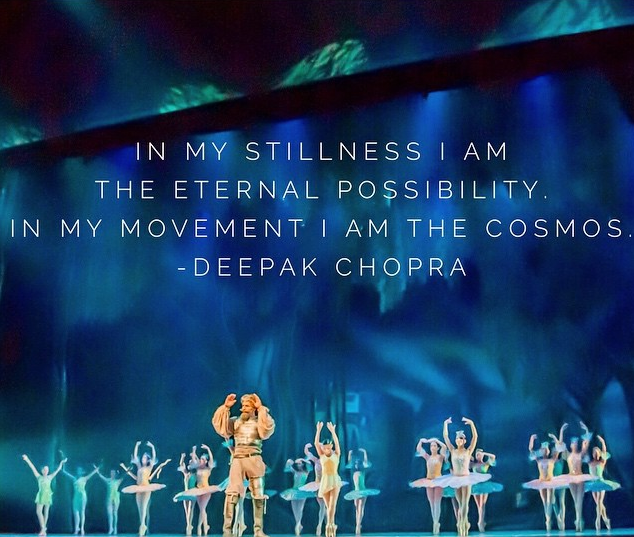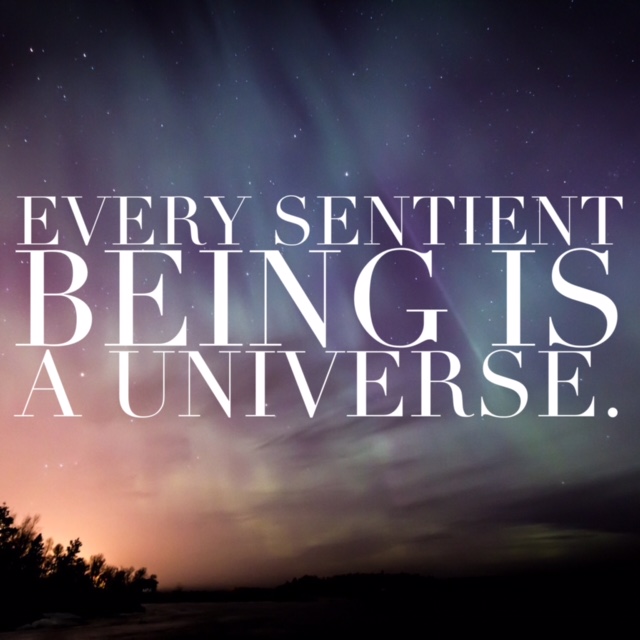By Deepak Chopra, MD, and Menas Kafatos, PhD
 For a very long time, if you wanted to know if something is real or not, the go-to people have been scientists. The rise of rationality over superstition is considered the single greatest achievement of the past three or four centuries. So it’s startling news–as we discussed in the last post–that physics has arrived at a reality crisis. Three great unsolved mysteries remain, and they are the same riddles asked by ancient Greek philosophers: What is the universe made of? Where did the universe come from? How do we know what’s real?
For a very long time, if you wanted to know if something is real or not, the go-to people have been scientists. The rise of rationality over superstition is considered the single greatest achievement of the past three or four centuries. So it’s startling news–as we discussed in the last post–that physics has arrived at a reality crisis. Three great unsolved mysteries remain, and they are the same riddles asked by ancient Greek philosophers: What is the universe made of? Where did the universe come from? How do we know what’s real?
It’s fascinating to observe how working scientists approach these questions. The vast majority pay no attention to them, because a scientist’s everyday work, including the work of physicists, is about collecting data, running experiments, and making calculations from known theories, and once in a while formulating new theories. The Big Questions which are left to theorists, are usually bypassed in the everyday lives of scientists. But as we discussed last time, science has to test every theory to see if it matches empirical reality. Galileo could calculate on paper that two objects, when dropped from a height, would hit the ground at the same time, despite the age-old assumption that a cannonball, being much heavier than a lead fishing weight, would hit the ground first, as Aristotle believed. To prove that his calculations were correct, Galileo offered empirical proof, and physics took a huge counter-intuitive step forward.

